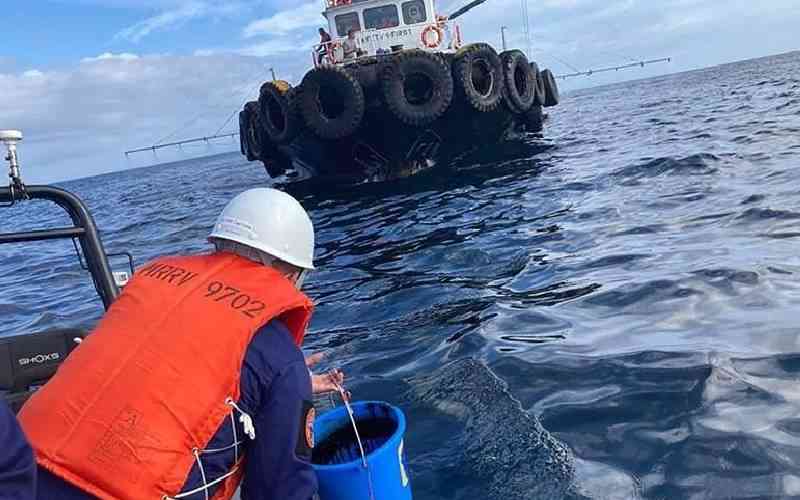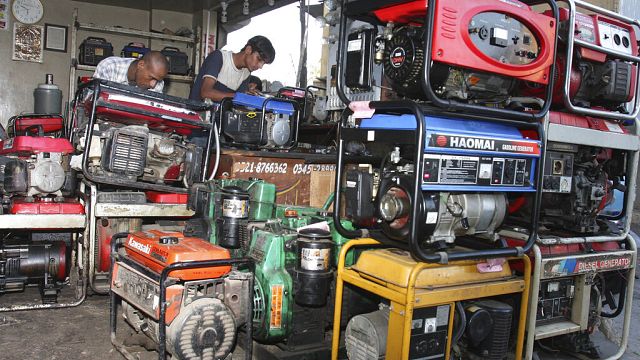A Philippine-flagged tanker carrying 1.4 million litres of industrial fuel oil capsized and sank off Manila on Thursday, authorities said, as they raced against time to contain the spill.
The MT Terra Nova had been heading for the central city of Iloilo when it sank in Manila Bay, nearly seven kilometres (4.3 miles) off Limay municipality in Bataan province, near the capital, in the early hours.

An oil spill stretching several kilometres has been detected in the busy waterway.
“We are racing against time and we will try to do our best to contain it immediately and stop the fuel from leaking,” Philippine Coast Guard spokesman Rear Admiral Armando Balilo said at a briefing.
He warned that if all the oil in the tanker were to leak, it would be the biggest spill in Philippine history.
“There is a big danger that Manila will be affected, even the shoreline of Manila, if the fuel will leak, because it is within Manila Bay,” Balilo said.
Transport Secretary Jaime Bautista said 16 of the 17 crew members had been rescued.
A search was under way for the missing crew member, but Bautista said strong winds and high waves were hampering response efforts.
Four of the crew were receiving medical treatment.
The coast guard said it was investigating “if there was an existing weather disturbance in the vicinity waters” when the MT Terra Nova capsized and sank.
The vessel sank as heavy rains fuelled by Typhoon Gaemi and the seasonal monsoon lashed Manila and surrounding regions in recent days.
An oil slick stretching about 3.7 kilometres was being carried by a “strong current” in an easterly, north-easterly direction, the coast guard said in a report.
Coast guard Commandant Admiral Ronnie Gavan said he has ordered an investigation into the incident.
Marine environmental protection personnel have been mobilised to help contain the slick.
One of the worst oil spills in the Philippines was in February 2023, when a fuel tanker carrying 800,000 litres of industrial fuel oil sank in waters off the central island of Mindoro.
Diesel fuel and thick oil from that vessel contaminated the waters and beaches along the coast of Oriental Mindoro province, devastating the fishing and tourism industries.
The oil dispersed over hundreds of kilometres of waters famed for having some of the most diverse marine life in the world.
Thousands of fishermen were ordered to stay on shore until they could fish safely, and swimming was also banned.





















